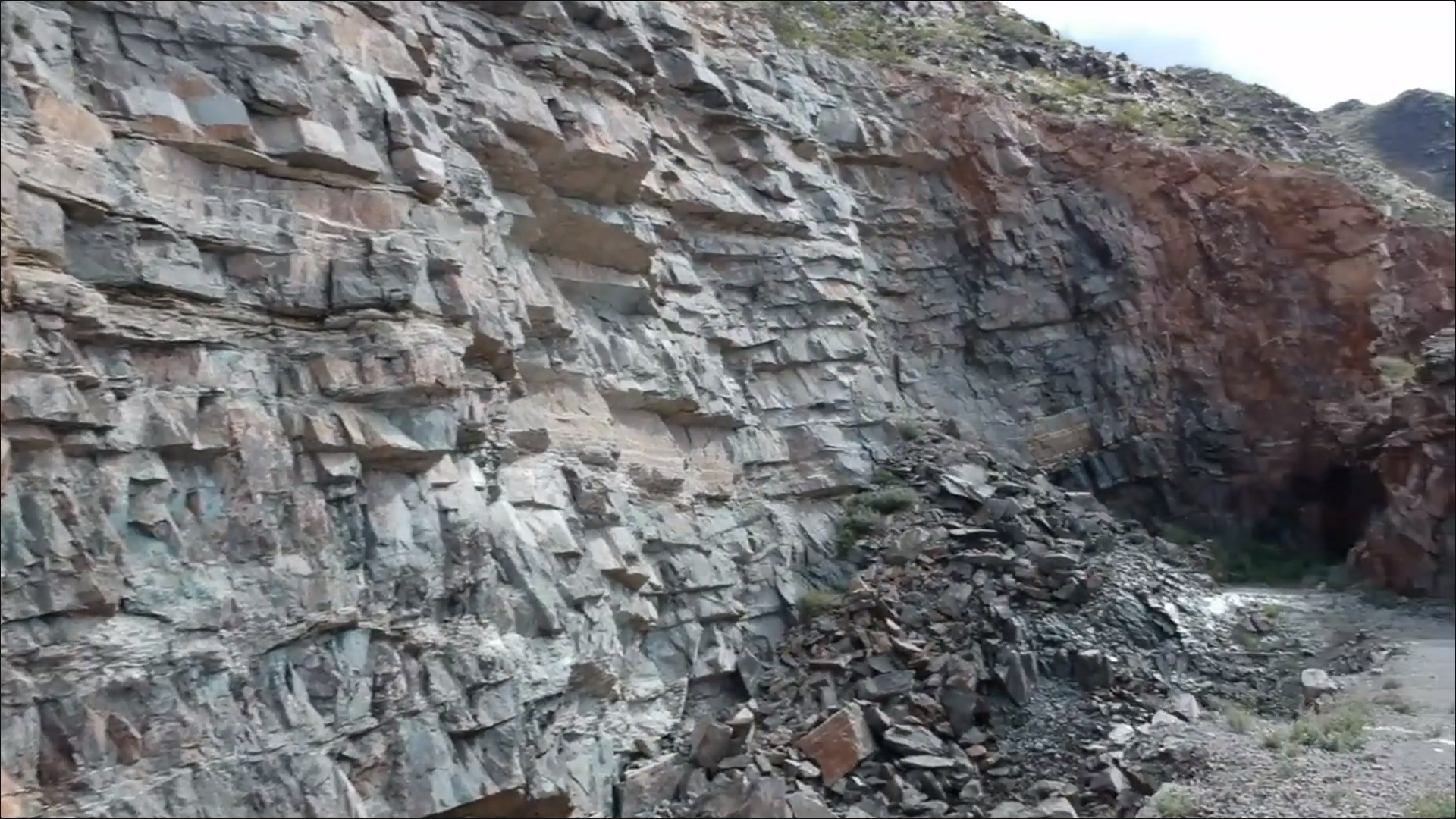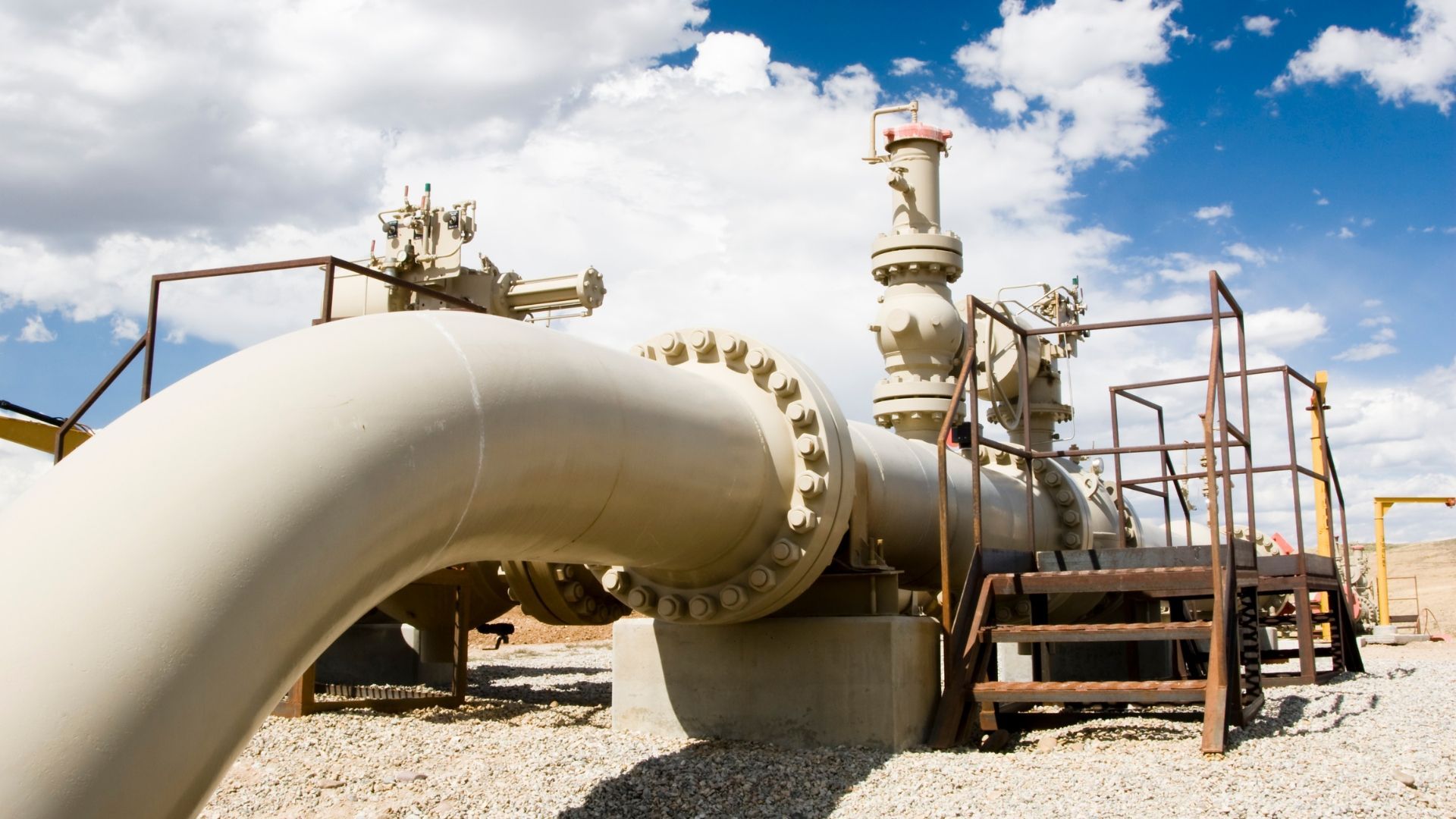By Sasha Ranevska | August 23, 2023
A breakthrough platform for carbon capture batteries is revolutionizing battery technology by offering innovative and affordable batteries that can also trap harmful emissions.
This novel mechanism, developed through a collaboration between the University of Surrey, Imperial College London, and Peking University, accelerates the creation of catalysts for lithium-CO2 (Li-CO2) batteries.
At present, the methods utilized in the production of catalysts for Li-CO2 batteries are slow and ineffective, impeding their feasibility in the market. This shared project intends to surpass these obstacles and establish a path towards manufacturing batteries that are both efficient and economical, serving the dual purpose of storing energy and capturing carbon dioxide emissions.
Dr. Kai Yang, one of the authors of this research, co-leader of the project, and also a lecturer at the Advanced Technology Institute of the University of Surrey, explained that the research team has developed a state-of-the-art electrochemical testing platform in the form of a lab-on-a-chip.
The platform is capable of performing multiple tasks simultaneously. It aids in the evaluation of electrocatalysts, the optimization of operational conditions, and the examination of CO2 conversion in lithium-CO2 batteries with high performance. This novel approach is more budget-friendly, efficient, and manageable compared to conventional methods for producing these materials.
During the study, the research team used the newly developed tool to assess the suitability of various substances, including platinum, gold, silver, copper, iron, and nickel, for the development of high-performance Li-CO2 batteries.
According to Dr. Yunlong Zhao, the primary author of this research, a senior lecturer at Imperial College London, the National Physical Laboratory, and a visiting scholar from the University of Surrey, this novel instrument will allow for rapid evaluation of catalysts, analysis of reaction mechanisms, and implementation in various fields, ranging from nanoscience to advanced carbon removal technologies.







